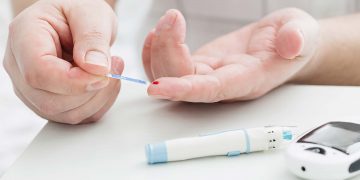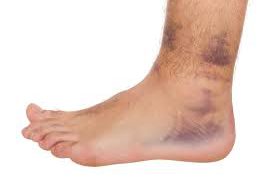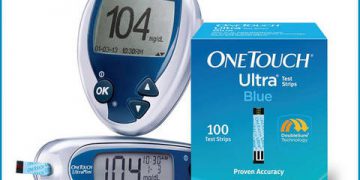Diabetes and hypertension
Individuals with diabetes have a higher mortality risk of about 60%. However, the risks jump drastically, approximately 3 times higher in those individuals that have type 2 diabetes & hypertension.
Among the health related concerns are retinopathy, nephropathy, stroke, and coronary heart disease. The risk of CVD increases in individuals that have diabetes and hypertension to about 75%. This is considered to be a a contributing factor to the mortality rate.
Typically, in individuals with both diabetes & hypertension will also have risks that can become even higher because of other health factors. Such as, central obesity, inflammation of the left ventricular hypertrophy, dyslipidaemia, microalbuminuria, insulin resistance and hyper coagulation.
Any of these factors can increase the possibility of developing CVD.
Interestingly, a published study has revealed that many individuals that have sought medical attention in connection with their type 2 diabetes & hypertension do not receive adequate treatment.
This is especially true in those patients that have repeatedly had elevated blood pressure readings. For the most part, the medication is not modified to meet the needs of the hypertension and the diabetes.
In many cases, a person with diabetes & hypertension will need to take more than one medicine to control the condition. Generally, they will have to take about three different medications in order to gain control over the blood pressure. It is also possible that the doctor will have to change the prescriptions a few times in order to find the right combination for the individual with the least side effects.
Some studies have revealed benefits of using ACE inhibitors in diabetic patients with hypertension as well. This makes using the ACE inhibitors the best course of treatment in many situations. However, your medical care provider will have to determine the best treatment for you.
Each case is different and they have varying factors that should be considered by the physician prior to beginning treatment.
A doctor will consider the age of the individual, the severity of their circumstances, their overall health and existing medications before the determination can be made.
It is important that you reveal any relevant medical history to the doctor. This should include allergies to medication. If you have any questions or concerns about the treatment your doctor suggests for you for diabetes and hypertension treatment you should further discuss your options.
It is important also that you know what to look for as far as side effects and complications so you can immediately notify your doctor if you notice you are beginning to suffer from any of them.
Reference:
Alvin Hopkinson is a leading and avid researcher of various high blood pressure treatments. He runs a content-packed website that provides free tips to lower your hypertension and unbiased reviews on common blood pressure medications. Grab your FREE report on how to lower blood pressure naturally and visit his site at http://www.minusbloodpressure.com



















